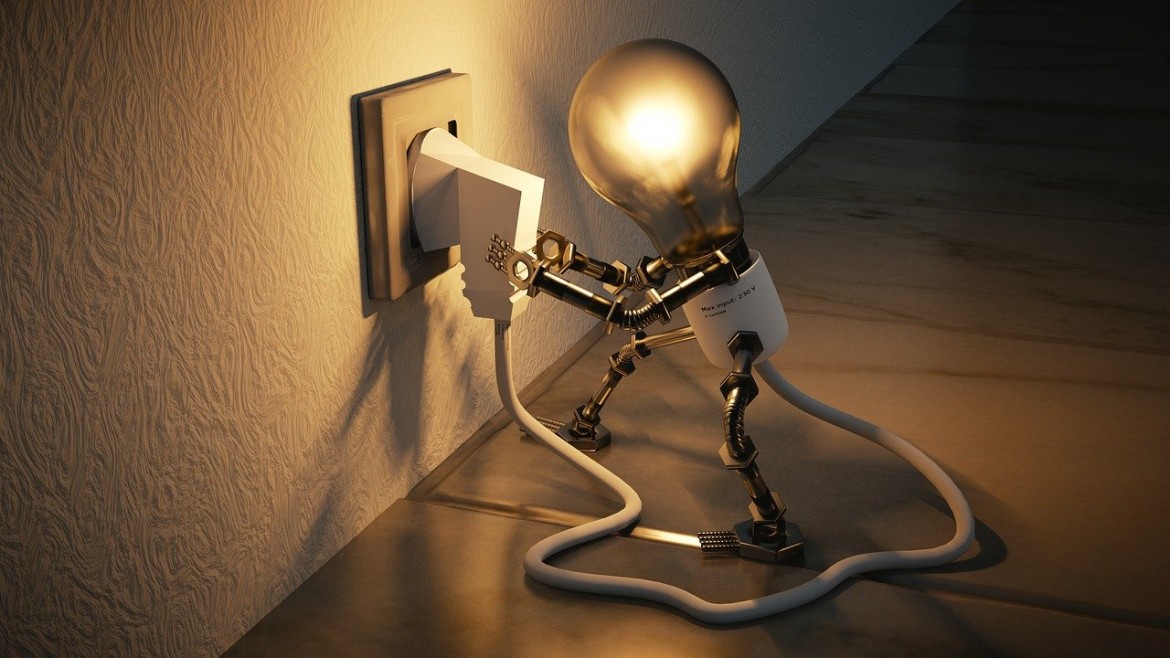One easy approach to save money is to discover locations in your budget where you can pay less for what you use, along with cutting down on purchases. Think about where you are overpaying for things instead of cutting back on your food budget or quitting that hobby you enjoy. This means utilities to a lot of people. The average monthly expense for an American living in a big city is over $1,000.
However, while certain expenses, such as energy services, cannot be changed due to where you reside, there are still methods to economize on other bills. Use the start of a new year to reassess your financial situation and develop a savings plan. If you’re paying too much for any of these services, look into it first.
The Internet
It’s critical to weigh the cost of your internet connection with the value you receive from it (ISP). If you do a lot of gaming or streaming, your internet provider may recommend a certain amount of speed, but you need also consider how many people and devices will be using your network.
You can check your current internet speed and discover whether you’re paying too much by doing a simple speed test. After that, you may compare your ISP’s plans with those of rivals to find a more affordable alternative. It’s also a good idea to phone your internet service provider and see if there are any current deals. To keep you as a customer, many service providers may provide incentives, such as discounts or freebies.
Streaming vs. Cable
The big question is whether or not you should stream. The cost of streaming services may be as little as $10 per month, but when combined with cable TV, the total may be very high. There is a good chance you aren’t using all of your streaming services sufficiently to warrant your cable subscription.
Make a list of all the TV services you presently pay for and how much you are paying for each one. Do you watch live TV if you have cable? Do you watch sports or news on it? If this is the case, see if Hulu Live is less expensive than cable. If you have more than one streaming service, decide which one you use the most and drop the others.
Alternatively, time your subscription cancellations to coincide with the release of new seasons – it’s simple to binge-watch a whole season of your favorite program in a single month.
Third-party sources of energy
While you have little control over the price you pay for energy, you may reduce your costs by making better use of your gas and electric appliances. Depending on the time of day, certain energy companies will change their prices. The most costly times of the day are when energy consumption is at its maximum. A good time to visit is between 4:00 and 6:00 p.m. depending on the time of year. Using your dishwasher and washing machine during off-peak hours can help you save money on your utility bill.
A smart thermostat and smart plugs are two further eco-friendly options to explore. These allow you to keep a closer eye on how much energy you’re wasting, and you can even turn them on and off from a distance. As a bonus, you may save money on your utility bills by not running energy-guzzling equipment like the air conditioner and heater as often.
Cell phones, obviously.
If you haven’t already, it’s probably a good idea to switch cell phone providers. Competition among carriers has resulted in a wide range of attractive switching incentives. Some of the offers range from free iPhones to gift cards worth hundreds of dollars. Metro and Verizon offer plans that include access to streaming services, saving you as much as $120 annually. Even your geographic location can have an impact on your cell phone cost, so do your homework before making a decision.
Don’t join a group plan until you’re ready to transfer providers. Family plans are frequently the most cost-effective option because the cost per line drops as the number of phone lines increases. If you decide to do this with a group of friends, be sure the person in charge of paying the monthly bills is the most responsible member of the group.
In the end, calling and negotiating for a lower price is never a waste of time. If you’re contemplating switching cellular carriers, bear in mind that they, like internet service providers, compete for your business.
Water is awesome
Water prices aren’t adjustable like energy costs, but there are simple methods to reduce water usage and expenditures. People use between 80 and 100 gallons of water on a daily basis on average, which is far more than they require. See how much water you use each month by checking your utility bill. Then, make it your mission to cut that number in half each month.
Begin by making minor adjustments to your daily schedule. Brush your teeth and wash your hair while the water is off. After working out, take the gym shower or a shorter shower at home. Dishwashers should only be used when they are completely full. Water-saving showerheads and more energy-efficient toilets are some options you might want to explore with your landlord.

